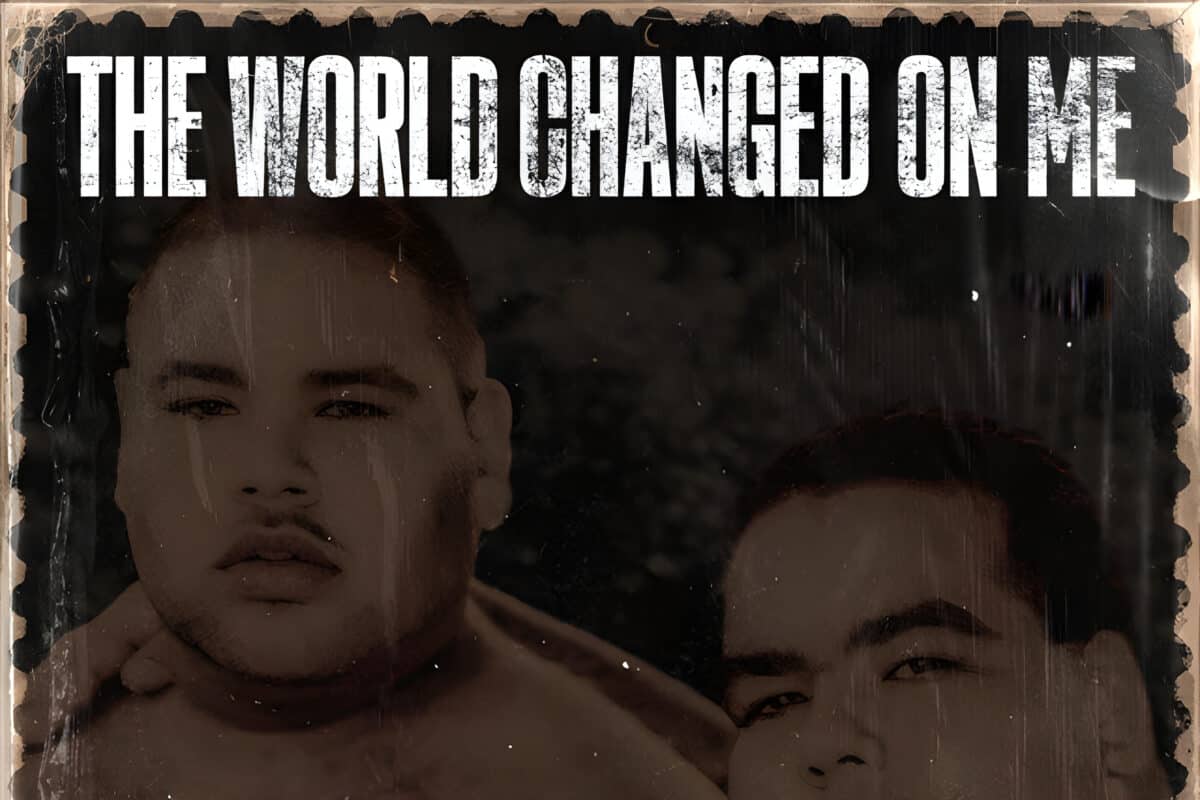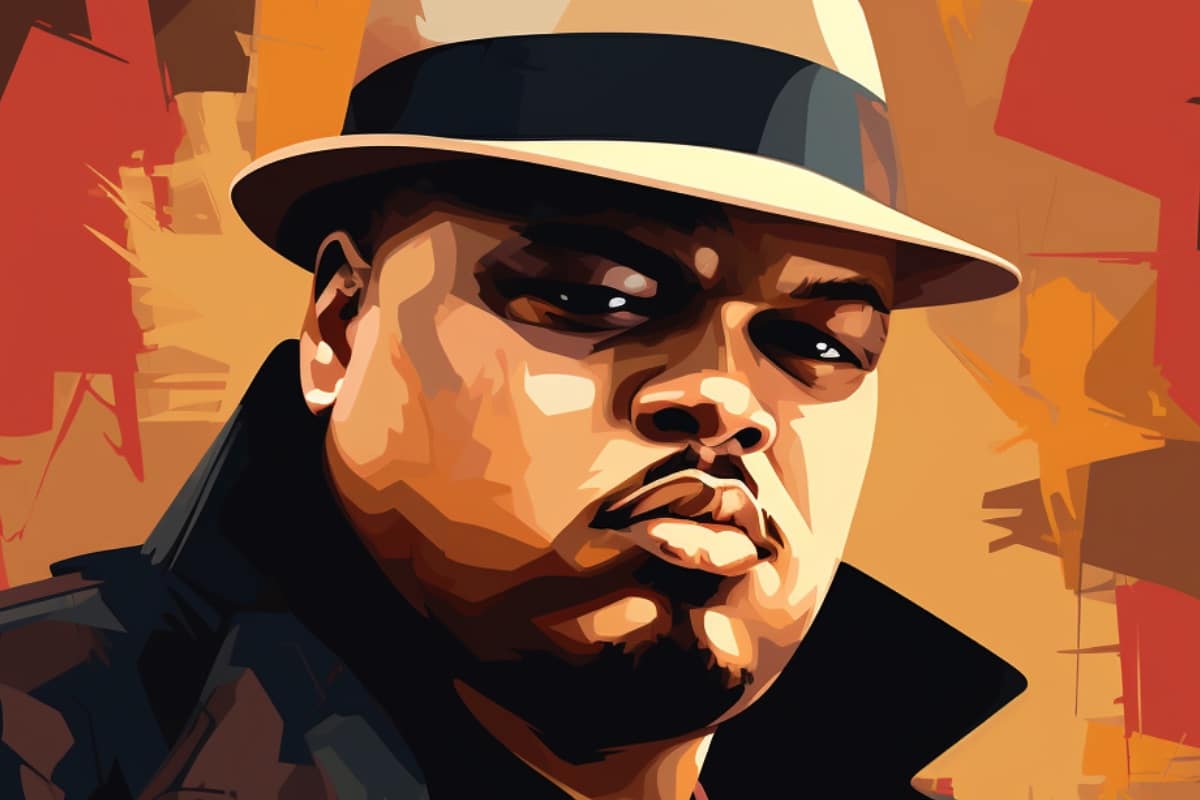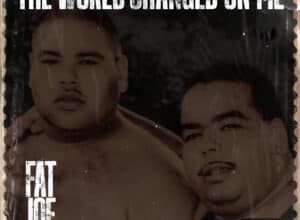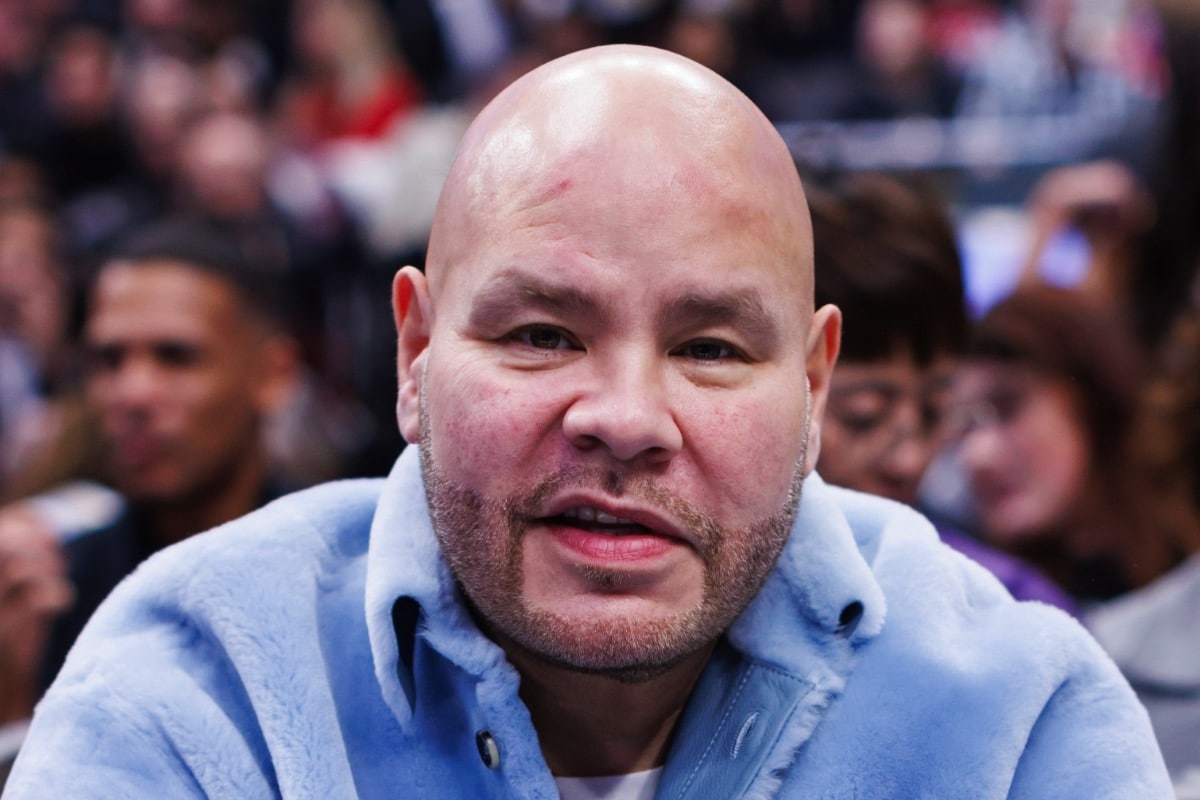Released: 2024
Fat Joe’s “The World Changed On Me” paints a vivid picture of his journey from hustling on the streets to achieving wealth and status. The song reminisces about the gritty reality of his past while contrasting it with his present life of luxury and the disloyalty he’s encountered along the way. It reflects a dual theme of triumph and disappointment as he navigates a world that has drastically evolved from the one he once knew.
The hook, “The world changed on me, key to the city got six rings on me,” encapsulates the central theme of the song. Here, Fat Joe asserts his accomplishments, signified by the metaphorical “six rings”—akin to the accolades in sports or life successes. Yet, there’s a bittersweet note as he remarks on how the world has transformed, hinting at a sense of alienation or betrayal, “trusted you niggas that big shame on me.” This line underscores his feeling of being let down by those he once trusted.
The song kicks off with a throwback to 1988, a time when Fat Joe was “pumping bass like subwoofers”—an allusion to dealing drugs on the streets, which mirrors the powerful, resonating sound of bass speakers. He sets the scene of his early days surrounded by “old pimps” and “young hookers,” illustrating the gritty and raw urban environment of the time.
He goes on to boast about how he and his crew were decked out in Dapper Dan outfits, synonymous with luxury fashion tailored for hip-hop stars of that era. This reflects his rise in status from “the dungeons”—symbolizing his low beginnings, emphasizing self-reliance and the struggle against a system that gave him “nothing.” The hunger was real, “cold my stomach rumbling so I started hustling,” where his entrepreneurial spirit kicked in.
The narrative moves swiftly through his formative years of crime, illustrating his world filled with “Dope, crack, smack, pills.” The repetition of drugs indicates the pervasiveness and normality of this lifestyle, painting a picture of a world that’s far from ideal but filled with real hustle. Staying up all night “counting bills” shows the relentlessness needed to thrive in this unforgiving world.
There’s a notable transition from the harshness of his beginnings to his later encounters where violence becomes less personal, depicted when “he pulled up in a wheelchair.” Fat Joe illustrates this moral gray area where, despite the capacity for mercy, he chooses to bring balance—a “fair fight.” It is as though he’s highlighting that the rules of the streets are absolute, regardless of personal circumstances.
Further on, the lyrics shed light on the shifting societal landscape. Lines like “Who we supposed to look up to if Chapo’s tellin'” allude to changing power dynamics where even seemingly untouchable figures are fallible. Fat Joe criticizes those “you choose to idolize,” pointing to a sense of loss in traditional icons, making us question modern-day hero worship.
A sense of affluence is demonstrated with “Meteorite dials got like 50 watches,” implying the sheer volume of his wealth, while lines like “Nowadays I cop shit just to cop it” showcase the abundance he enjoys—achievements borne out of the early, gritty street hustle. This indulgence serves as a juxtaposition against his youthful days, signifying the world’s evolution.
Despite all his success, there’s an undercurrent of disappointment, captured when he notes that “ugly nigga’s is stuck in your face,” a reference to the pretenders and superficiality in society. It’s a critique of the status quo and the stagnation seen in people around him who are “going nowhere fast,” which hints at a desire for more substantial growth in his environment.
The song’s reflection culminates in a nostalgic yearning, as he acknowledges his past self as a “profit,” alluding to the value of those formative years despite their harshness. In conclusion, “The World Changed On Me” offers a layered look into Fat Joe’s life story—rooted in street reality and now a figure of success but not without its fair share of regrets and changes, reflecting a personal and societal evolution.








